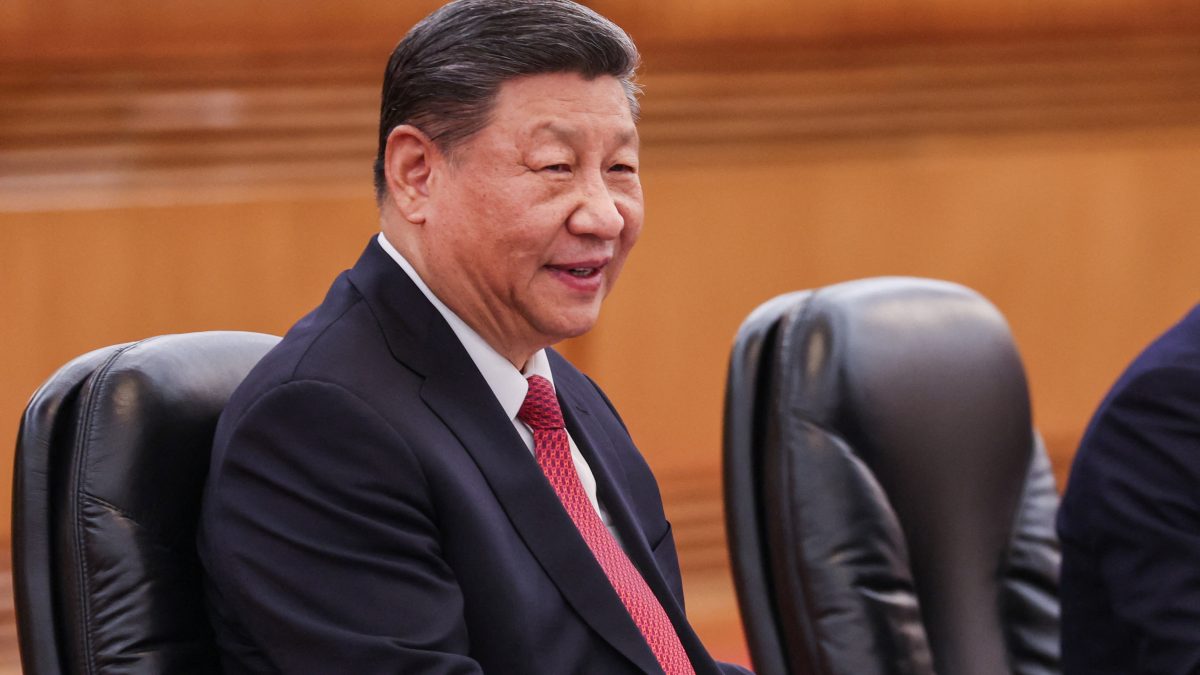First it was alcohol and flowers that were off limits. Now, it’s overseas travel.
Despite reports that Xi Jinping may be on the way ou t, it seems that his regime is continuing to strengthen its hold on China.
Beijing is now cracking down on public sector employees.
But what happened? What do we know?
Let’s take a closer look:
What happened?
China is cracking down on public employees’ travels abroad.
Among those under a renewed eye of the Xi regime are teachers, doctors, and government workers.
This comes as part of the Xi regime’s attempt to increase political discipline, ideological control and national security.
This is to limit state employees’ interaction with foreigners.
There are reports that government employees have had to hand over their passports to the government.
There are reports that public employees must get state approval before heading abroad – even for personal issues.
Retirees must wait at least two years before getting back their passports.
Teachers who travel without permission from the authorities risk being terminated.
“According to regulations from higher-ups, teachers need to strengthen their disciplinary awareness…We will currently not permit any overseas vacations”, a message read.
Hospital staff, employees of state-owned companies, and even contractors are also among the ones facing increased scrutiny.
Some workers have had to list all their travels since 2018.
Others, like nurses, may need to get approval from multiple authorities to travel abroad.
Contact with foreigners is being closely monitored or outright discouraged.
Some institution have ordered teachers to turn down foreign media interviews and to not meet unauthorised “outside parties” while abroad.
Some are required to report contact with “anti-China forces” to Chinese embassies. Violations, such as failing to return a passport promptly, could lead to being banned from travelling for years.
Even new recruits aren’t immune.
Foreign university graduates are now not allowed to apply to civil service jobs in most provinces.
Just Shanghai still allowing these candidates.
Some candidates who have been abroad for over six months are no longer allowed to apply for government jobs.
Those in Shanghai having a spouse or relative overseas may be disqualified from becoming a police officer.
Why is this happening?
This is part of Beijing’s attitude towards “everything related to foreign countries,” one expert said.
It also comes as China faces a slowdown in its economy with revenues plummeting and a possible trade war with the United States still in the offing.
Xi, whose grip is reportedly slipping in China, could be attempting to counter this narrative.
Beijing in May had ordered officials to cut wasteful and unnecessary expenditure.
The government had specifically targeted alcohol, flowers and cigarettes as well as spending on travel, food and the office expenses such as receptions.
The notice had called for “strict diligence and thrift” and an opposition to “extravagance and waste”.
“Waste is shameful and economy is glorious,” the notice added.
The outlet reported that the notice issued to Chinese officials specifically singled out flowers and cigarettes.
Cai Qi, a member of the Communist Party’s powerful seven-member Politburo Standing Committee, had ordered party cadres in Hebei province to halt “extravagant eating and drinking”.
China isn’t alone.
The US earlier had earlier banned American diplomats, their families and security-cleared contractors from having romantic or sexual relationships with Chinese citizens.
The new policy was introduced in January, days before US ambassador Nicholas Burns left his post. This is an expanded version of a previous policy released in summer last year which barred employees from having “romantic and sexual relations” with Chinese citizens working as guards and other support staff at the US embassy and the five consulates.
Reports had said those personnel already in relationships with Chinese citizens can apply for a waiver. If the application is rejected, either the employees would have to forego their relationships or they would be removed from their posts.
The strict enforcement shows just how seriously the US government is taking security risks, making it clear that they want to prevent any foreign influence through personal relationships.
According to historical CIA documents, back in 1987, the US banned its personnel in “high intelligence threat countries” — like China and the Soviet Union — from having close personal ties with locals. The idea was to keep them from being targeted by foreign intelligence agencies.


)

)
)
)
)
)
)
)
)



